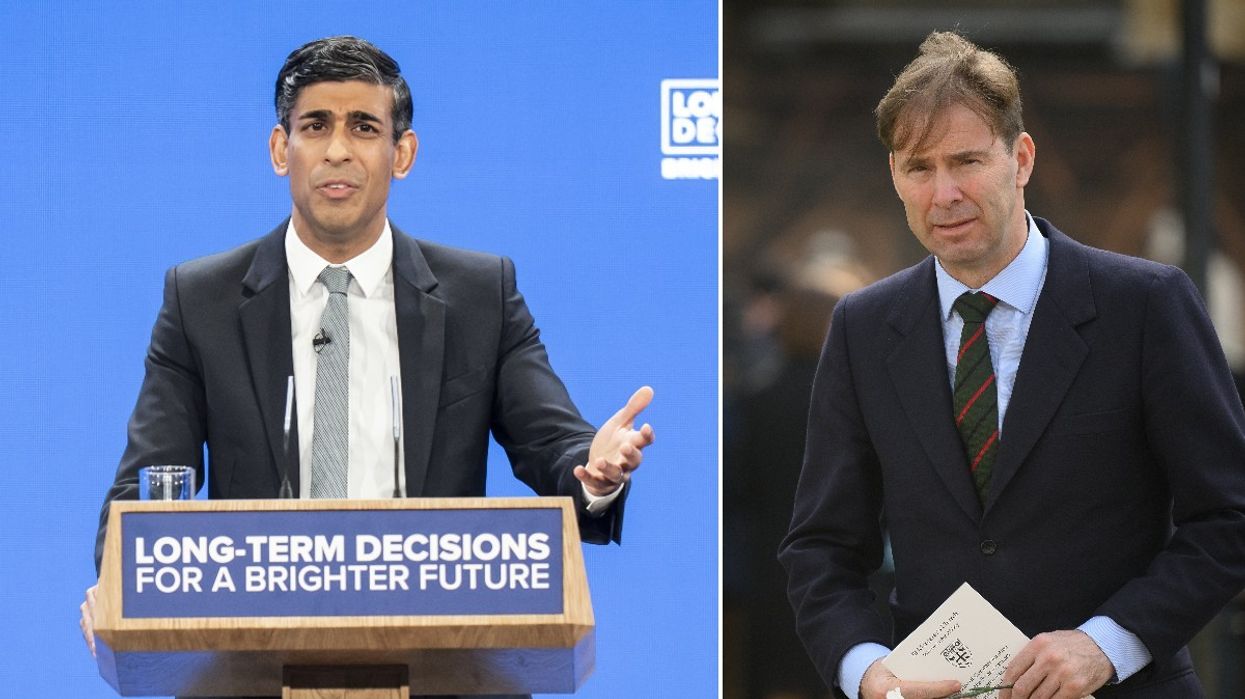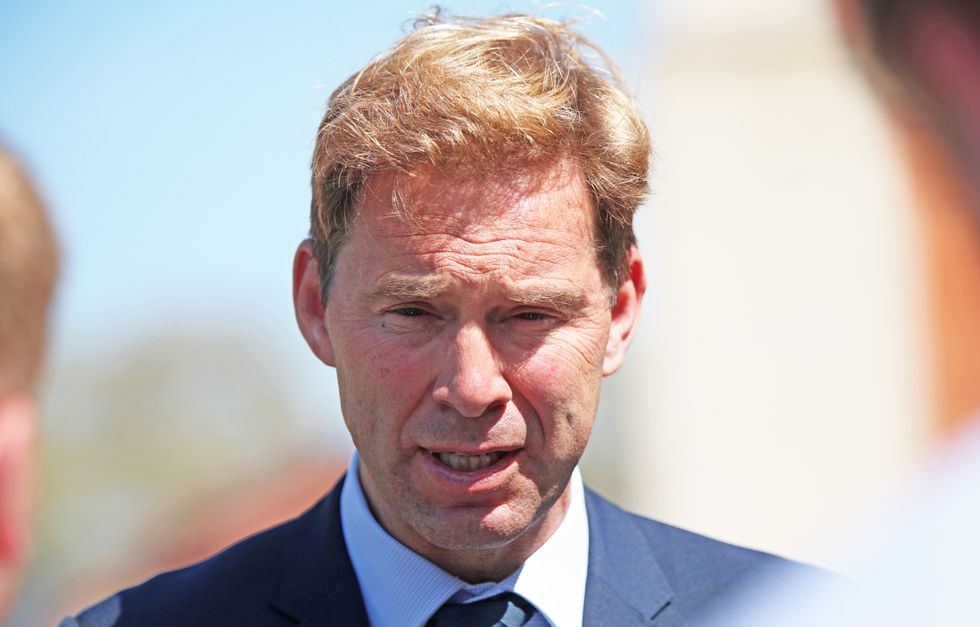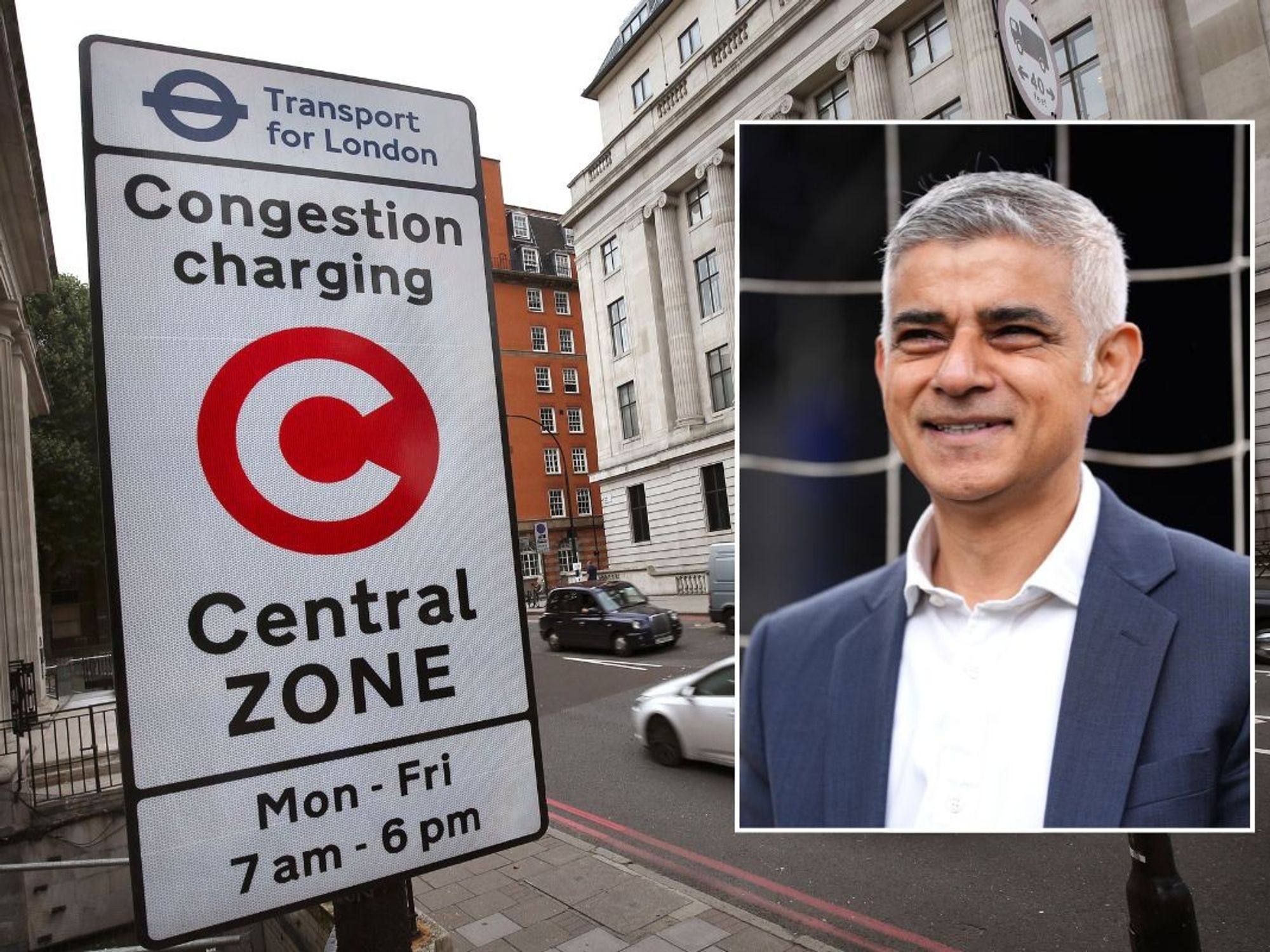‘If we lose the next election - it won't be our policies which are to blame. Our downfall will be from within,’ says Tobias Ellwood

‘If we lose the next election - it won't be our policies which are to blame. Our downfall will be from within,’ says Tobias Ellwood
|PA/Getty Images
‘Let’s remind ourselves: incumbents lose elections; opposition don't win them,’ Ellwood said.
Don't Miss
Most Read
Latest
Following by-election defeats, anonymous public comments and leaked messages seem inevitable. The media love it - amplifying the urge of disenchanted colleagues to voice their game-changing strategies and alternative agendas to win back voters.
As sure as night follows day, anonymous public commentary and leaked WhatsApp messages now follow by-election defeats. The media love it - elevating and sensationalising disgruntled colleagues keen to air their game-changing policy that might return disenfranchised support or promoting a more sinister long-term agenda.
In my tenure as an MP since 2005, the past three years have been exceptionally challenging.
Crises - national, international and self-inflicted - will make this next election the most testing for a generation. But for those giving up now – perhaps you are in the wrong business.
WACH NOW: Greg Hands reacts to double by-election loss
We all look good on a good day. How we conduct ourselves on a bad day is when our true character is revealed.
Our grit, resolve and determination and indeed our humility, ability to listen, in order to repair and re-group and return to the battle - wiser and emboldened.
Public perception matters. Abruptly exiting a by-election stage midway through the victor’s speech suggests political naiveté. With Rishi Sunak marking one year in office and one year to go before the next election this is an apposite moment to pause, as a Party, to reflect where we are, who we are and where we want to go.
Previous post-war elections and ‘events dear boy’ make forecasting any election landscape far from an exact science. If it was, Harold Wilson would have won in 1970 along with Neil Kinnock in 1992 and Ed Miliband in 2015.
LATEST DEVELOPMENTS:

'Having written off our prospects, some on the right in our ranks seek to conduct a post-election debate now. As I’ve argued, this is defeatist but also reckless and strategically mad,' saysTobias Ellwood
| PALet’s remind ourselves: incumbents lose elections; opposition don't win them.
Sunak, in his inaugural year, has commendably stabilized the party, demonstrating prowess in international relations and leadership during global events. And let’s not forget in the last decade we faced COVID, Brexit, and the Ukraine conflict. Once in a generation seismic fiscal events fuelling what’s now termed the cost of living crisis. This would test any government - a point Labour conveniently glosses over without offering alternative course of actions.
These crises have added another 60 per cent to Britain's national debt. Remember, we inherited a miserable balance sheet - something our Party Chair Greg Hands constantly reminds us of. Labour infamously left that note after losing in 2010 saying ‘there is no more money’ because they’d lost control of public spending after the 2008 financial crisis, overspending to the tune of £150billion every year.
It’s a taster of how they would have handled the last few years and a warning of future mismanagement if in power. But sadly, these alarm bells are not heard by the electorate because our internal ill-discipline and tribal politics hog the headlines and consequently make Labour look good. The more Labour is subject to scrutiny the more the polls will narrow.
Kier Starmer is no Tony Blair. Rishi Sunak’s ratings compared with Starmer’s are strong.
As Tim Shipman comments in his Sunday Times column, Blair had leads of 25 to 30 points prior to that 1997 landslide. Winning by just 13 points on election day. Starmer currently leads by about 20 points mirroring a path similar to David Cameron in 2010 who fell short of a majority. Shipman suggests Starmer will secure a small majority if he stays on the same trajectory.
Which brings us to our own ambitions. Having written off our prospects, some on the right in our ranks seek to conduct a post-election debate now. As I’ve argued, this is defeatist but also reckless and strategically mad.
Reckless because it stops our Prime Minister continuing to demonstrate competent Government in these difficult times and setting out our electoral stall.
Impulsive demands for Thatcher/Reagan-style tax reductions sound enticing, but they need context. As William Hague commented recently, the electorate want to understand our bigger picture – all policies must weave into a viable narrative. If we don’t explain how tax cuts would be paid for (having argued for a return to fiscal discipline) such calls will look shallow and without any strategic context. Both Reagan and Thatcher both initially raised taxes – cutting them only when fiscal conditions allowed.










